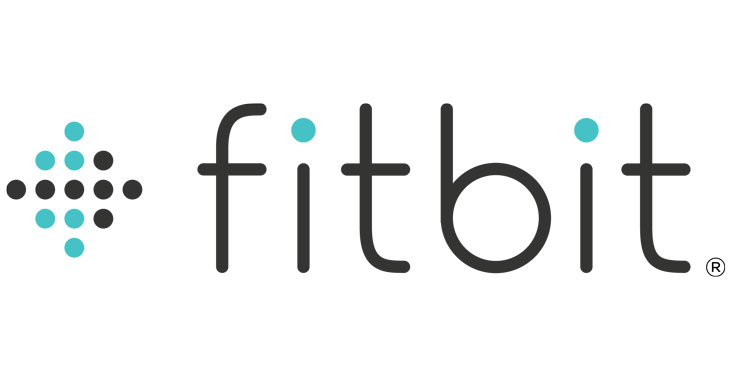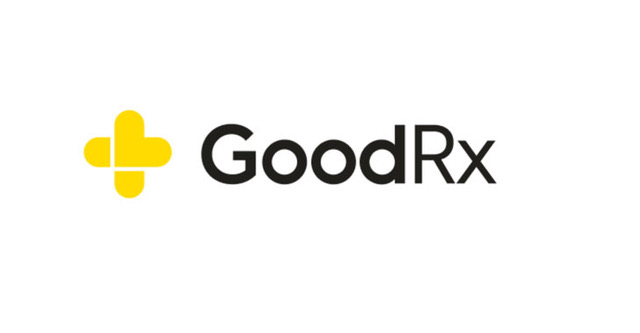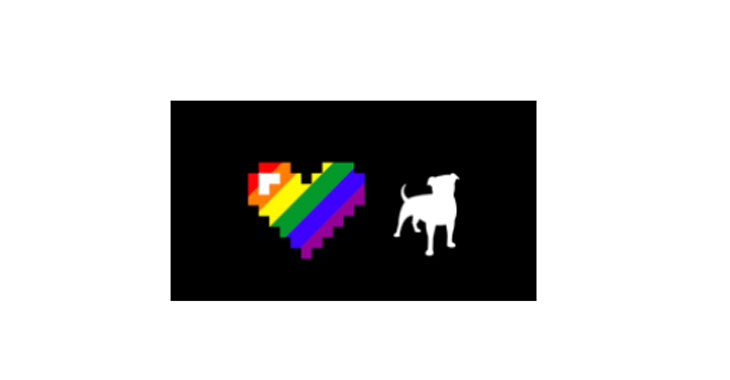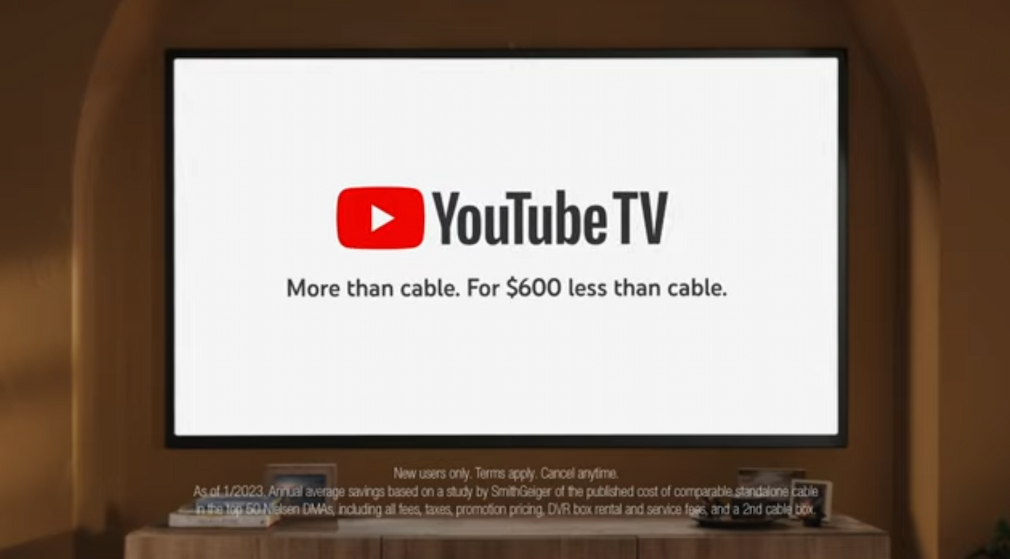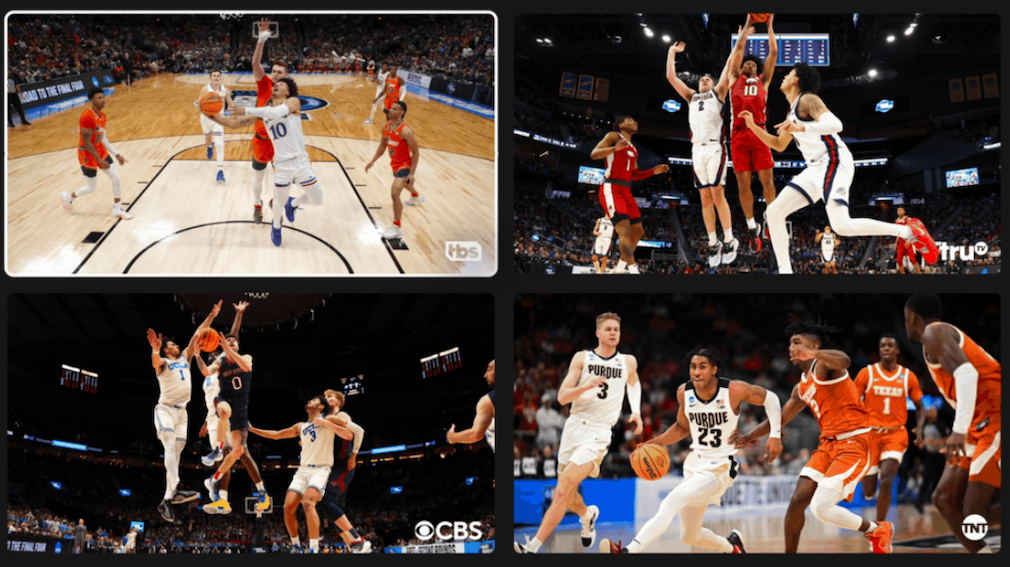
YouTube Subscriptions
Allegations: Failing to adequately disclose the terms of subscriptions
Multiple class-action lawsuits filed against Google were consolidated to be heard together. More information on the consolidated case is below.
In Re: Google Location History Litigation
18-cv-5062, N.D. Cal.
(2018)
Google’s “Location History” Feature
Misrepresenting that Google does not track consumers’ movements or store a record of their locations when the “Location History” feature on mobile devices is disabled
Settled
(Final approval granted; appeal filed)
https://www.googlelocationhistorysettlement.com/en
Allegations: Failing to adequately disclose the terms of subscriptions
Allegations: Deceptively marketing apps in its Designed for Families program as safe and appropriate for children
Allegations: Misleadingly marketing that fitness trackers are capable of measuring blood oxygen levels when they do not provide accurate measures
Allegations: Advertising phones as capable of accessing 5G broadband networks when they were no longer able to access 5G networks after a software update
Allegations: Falsely representing that the company safeguards consumers’ personal data when such information was disclosed to third parties
Allegations: Failing to adequately disclose the terms of subscriptions and making it difficult to cancel
Allegations: Promoting illegal virtual gambling games
Allegations: Promoting illegal virtual gambling games
Allegations: Promoting illegal virtual gambling games
Allegations: Promoting illegal virtual gambling games
Allegations: Promoting illegal virtual gambling games
Allegations: Failing to adequately disclose that certain games use loot boxes, which are a form of gambling that violates state anti-gambling laws
Allegations: Falsely advertising Stadia as more powerful than other gaming consoles and as displaying all video games in 4k resolution
Some class-action settlements that left consumers behind.
What consumers should know about software tethering.
New AI-powered search feature produces misleading answers.
Google appeals decision recommending it drop comparative pricing claim.
While ads suggest that feature is widely available, rollout is still in progress.

